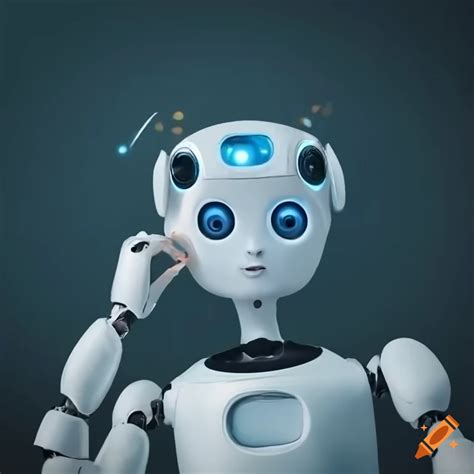How AI is Revolutionizing Tokenomics: Unlocking New Opportunities in DeFi, NFTs, and More
The emergence of artificial intelligence (AI) has brought about a significant shift in various industries, including finance, technology, and social networks. In recent years, AI has revolutionized the way we interact with digital assets, such as tokens, cryptocurrencies, non-fungible tokens (NFTs), and decentralized finance (DeFi) projects. One area where AI is making a profound impact is tokenomics – the study of token economics and its underlying mechanics.
What is Tokenomics?
Tokenomics refers to the study of the economics behind digital assets, including their creation, distribution, and utilization. It encompasses various aspects, such as supply and demand, trading volumes, market capitalization, and token-specific metrics like scarcity and liquidity. In traditional finance, tokenomics was primarily focused on understanding the underlying mechanics of financial instruments, but with the rise of blockchain and cryptocurrency, it has evolved to address the unique challenges and opportunities presented by digital assets.
The Role of AI in Tokenomics
Artificial intelligence is enabling new insights and innovations in tokenomics that were not possible or feasible through traditional methods. By analyzing large datasets, machine learning algorithms can identify patterns, correlations, and trends that inform better decision-making in token economies. Here are some ways AI is transforming the field:
- Predictive Analytics
: AI-powered tools can analyze market data, sentiment analysis, and trading patterns to predict future price movements, helping investors make informed decisions.
- Scalability Optimization: Machine learning algorithms can optimize token supply, distribution, and liquidity levels, ensuring that digital assets remain accessible to a growing global user base.
- Token Identity Management: AI-assisted systems can manage and verify unique token identities, reducing the risk of token collisions, exploits, and other security threats.
- Smart Contract Optimization: AI-driven smart contract design and optimization tools can identify bottlenecks, inefficiencies, and opportunities for improvement, leading to more efficient and cost-effective blockchain applications.
Applications of AI in Tokenomics

The use of AI in tokenomics is expanding into various areas:
- NFTs and Art: Machine learning algorithms can analyze NFT market trends, detect art forgery, and provide insights on the authenticity of digital collectibles.
- DeFi: AI-assisted systems can optimize lending rates, identify potential risks, and monitor token performance in DeFi applications like decentralized exchanges (DEXs) and yield farming platforms.
- Cryptocurrencies: Artificial intelligence is being used to analyze cryptocurrency market patterns, detect price anomalies, and predict future price movements.
Benefits of AI-Powered Tokenomics
The integration of AI in tokenomics brings numerous benefits:
- Improved Decision-Making: By analyzing vast amounts of data, investors can make more informed decisions about their portfolios.
- Increased Efficiency: Optimized token supply and distribution can lead to faster trading times and reduced costs.
- Enhanced Security: AI-assisted systems can detect and prevent security threats, reducing the risk of hacking and exploits.
Challenges and Future Directions
While AI has revolutionized tokenomics, it is not without its challenges:
- Data Quality and Availability: The availability of high-quality data remains a significant challenge in tokenomics.
- Regulatory Frameworks: Developing clear regulatory frameworks for AI-assisted tokenomics solutions will be crucial to ensure compliance and stability.
